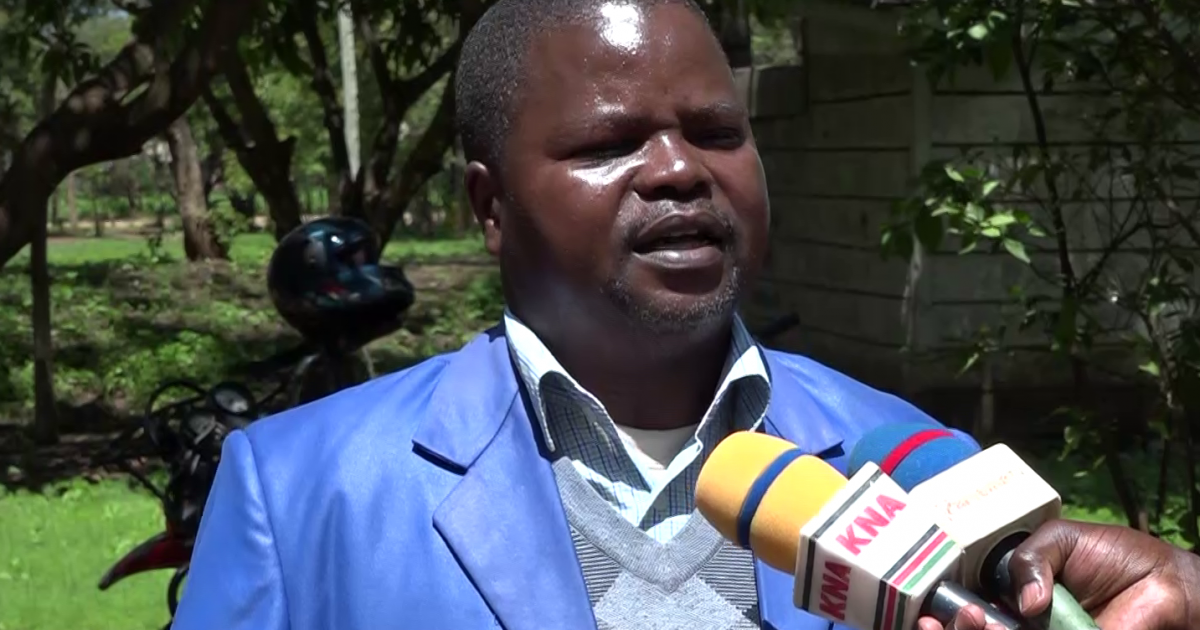Farmers in Kirinyaga County have been told to embrace biotechnological farming activities in order to be food sufficient and fetch more profits.
During a one-day seminar at Mwea East in Kirinyaga County organized by a non-governmental organization, Integrated Community Organization for Sustainable Empowerment and Education for Development(ICOSEED), the farmers were taken through various biotechnology processes, from why GM technology is used, roles of National Biosafety Authority in GMO regulation and the facts surrounding GMO food.
The seminar, facilitated by Dr. E. Kipkorir from National Biosafety Authority-Kenya, brought together government officers, Ward representatives, farmers and other opinion leaders.
Patrick Gitari, chairperson of ICOSEED said the objective of the seminar was to educate the farmers to understand more on the role of technology in production of foods commonly referred to as Genetically Modified Organisms.
Gitari singled out the BT Cotton and BT Maize which normally do well in Central Kenya, but majority of farmers haven’t utilized bio-tech to increase the yield due to myths surrounding genetically modified crops.
He said BT cotton is resistant to pests and fewer chemicals are required compared to normal cotton, noting that should all farmers embrace it, all our underutilized ginneries will be revived which would not only offer a source of income to farmers, but also create employment opportunities.
“We are here to share the knowledge of technology in food production. We want everyone to embrace technology for maximum production,” he said.
“BT Cotton is one of the best crops which are resistant to ball worms, thus requires less chemicals. If we turn to it, all our old ginneries will resume operations and create more jobs for our children” Mr. Gitari said.
Retired major Dedan Muriuki, another member of ICOSEED urged the farmers to embrace genetically modified crops to end the prevailing famine being witnessed across the country.
He insisted that adequate research has been done by Kenyan scientists revealing that GM crops have no side effects on the environment and human health.
“Food from genetically modified crops is healthy. We want to embrace biotechnology so as to increase food production and do away with perennial famine among the people,” Muriuki said.
On his part, a farmer, Fred Kariuki said lack of education on genetically Modified Crops has been an impediment in the production of surplus harvest, which would make Kenya food sustainable.
Kariuki said they will apply the knowledge they have acquired in their respective farms and also educate other farmers on how Bio-Tech works and its benefits.
“What we have been hearing about GMO is not true. Our facilitators have taken us through the process of how technology works. The farmers have been lacking information on it. We are ready to apply the knowledge from now during cultivation of crops,” he said.
Another farmer, Margaret Mutinda said the seminar has enhanced their knowledge on genetically modified crops.
She said initially they were full of fears on what was said about the genetically modified crops, but with the new information acquired after training, they can now do modern farming to ensure food security.
By Mutai Kipngetich





